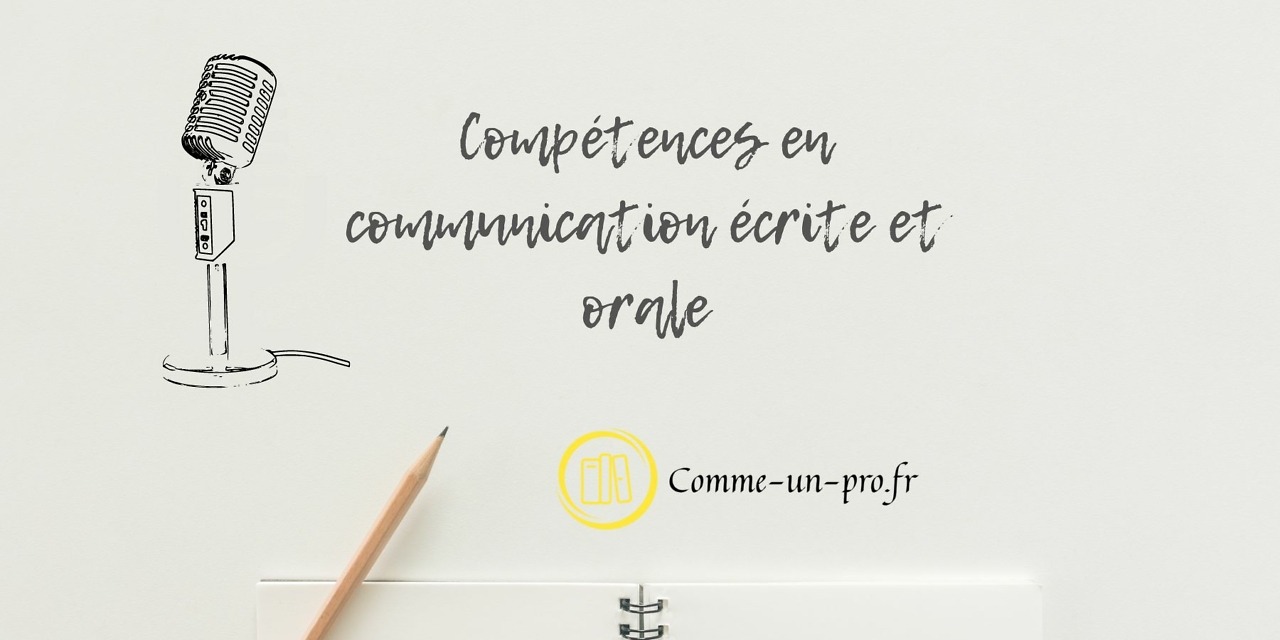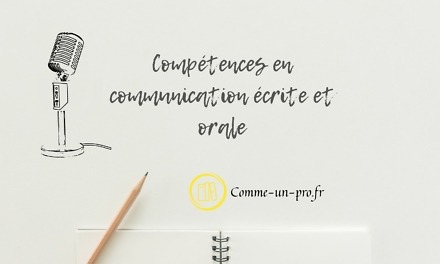Master your position thanks to politeness in emails: Develop your career
Politeness in emails is often overlooked as a job skill. However, it plays a crucial role in how we are perceived in our workplace. Mastering the art of politeness in emails can not only help you master your current position, but also advance your career.
The importance of politeness in emails: Why does it matter?
Emails are one of the most commonly used means of communication in the professional world. They are used for everything from project coordination to contract negotiation and conflict resolution. Every email you send contributes to the perception others have of you as a professional.
Appropriate politeness in emails shows respect for the recipient, and indicates that you take the communication seriously. It can help establish and maintain good working relationships, facilitate open and effective communication, and improve the working atmosphere.
The art of polite expressions: How to master them?
Mastering the art of politeness in emails can take time, but it's worth the investment. Here are some tips to help you get started:
- Know your polite formulas : There are many forms of politeness to use in different situations. For example, “Dear Sir” or “Dear Madam” are appropriate formal greetings for a business email, while “Best regards” or “Best regards” are common closings.
- Be adaptive : The polite formula you choose must be adapted to the situation. An email to a superior will require greater formality than an email to a close colleague.
- Stay respectful : Whatever the situation, it is important to remain respectful in your communication. This means using proper politeness, but also staying professional in the body of your message.
The impact on your career: How politeness in emails can help you evolve?
Respectful and professional communication can help you stand out in your workplace. It can improve your relationships with your colleagues, increase your efficiency and even open up new career opportunities for you.
For example, if you are known for your clear and respectful communication, you might be considered for leadership or project management roles. Additionally, good communication can make conflict resolution easier, which can also benefit your career.





